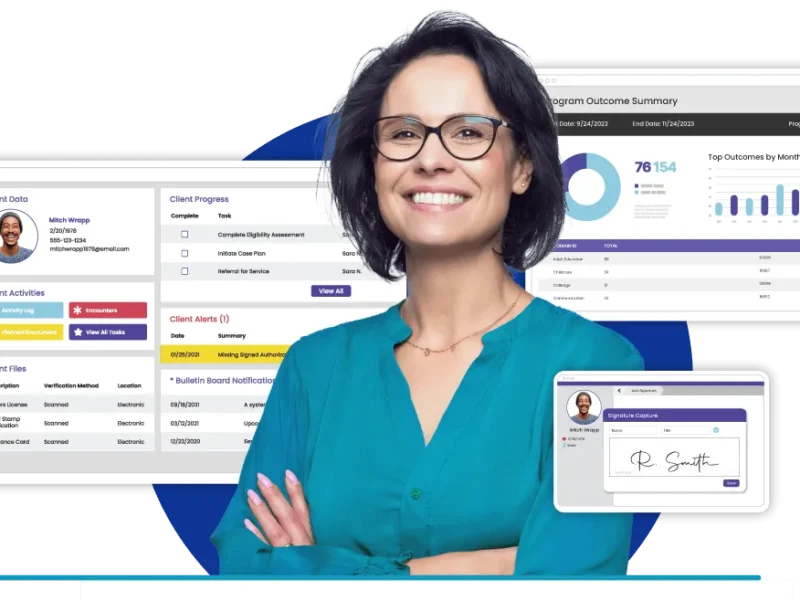Choosing the right Digital Marketing Course in Lahore can be the difference between gaining superficial knowledge and developing career-transforming skills. As Pakistan’s digital economy grows, Lahore has become a hub for quality digital marketing education, offering numerous courses with varying curricula, teaching methodologies, and outcomes. This comprehensive guide breaks down the essential factors to evaluate when selecting a program that will provide practical, industry-relevant training in SEO, social media marketing, content strategy, analytics, and other critical digital disciplines.
1. Comprehensive Curriculum Covering All Digital Marketing Pillars
A high-quality course should provide complete coverage of fundamental and advanced digital marketing concepts.
Essential Modules to Look For:
Core Digital Marketing Components:
- Search Engine Optimization (SEO) – On-page, technical, and off-page strategies
- Pay-Per-Click (PPC) Advertising – Google Ads, social media advertising
- Social Media Marketing – Platform-specific strategies and community management
- Content Marketing – Blogging, video, and multimedia content creation
- Email Marketing – Automation, segmentation, and campaign management
Supporting Digital Skills:
- Web Analytics – Google Analytics, heat mapping, and conversion tracking
- Marketing Automation – CRM tools and workflow automation
- E-commerce Marketing – Marketplace strategies and conversion optimization
- Mobile Marketing – App-based campaigns and SMS marketing
Emerging Trends:
- Artificial Intelligence in marketing
- Voice search optimization
- Interactive content strategies
The ideal curriculum balances theoretical foundations with hands-on application across all these areas.
2. Industry-Experienced Instructors with Proven Track Records
The quality of instructors directly impacts the practical value you’ll gain from the course.
Key Instructor Qualifications to Verify:
Professional Experience:
- Minimum 3-5 years working in digital marketing roles
- Experience managing real client campaigns or in-house marketing
- Specialized expertise in specific digital marketing verticals
Teaching Methodology:
- Ability to simplify complex concepts
- Use of real-world case studies and examples
- Willingness to share personal successes and failures
Ongoing Industry Involvement:
- Active participation in digital marketing campaigns
- Attendance/presentation at industry conferences
- Published articles or research in the field
Look for instructors who bridge the gap between academic concepts and street-smart digital strategies.
3. Hands-On Training with Real Tools and Platforms
Theoretical knowledge alone won’t prepare you for actual digital marketing work.
Practical Components That Add Value:
Software and Tool Access:
- Google Analytics certification preparation
- Hands-on with SEO tools (Ahrefs, SEMrush, Moz)
- Social media management platforms (Hootsuite, Buffer)
- Email marketing software (Mailchimp, HubSpot)
Live Projects and Simulations:
- Managing mock advertising budgets
- Developing complete marketing campaigns
- Website audits and optimization exercises
Client/Company Collaborations:
- Internship opportunities with local businesses
- Pro bono work for NGOs or startups
- Capstone projects solving real business challenges
The best courses provide sandbox environments where students can experiment without financial risk.
4. Updated Course Content Reflecting Current Industry Practices
Digital marketing evolves rapidly—course materials must stay current.
Indicators of Fresh, Relevant Content:
Publication Dates:
- All materials dated within the last 12-18 months
- Regular updates to case studies and examples
Platform Coverage:
- Latest algorithm changes for Google and social platforms
- Current best practices for emerging platforms (TikTok, WhatsApp Business)
Technology Integration:
- AI tools for content creation and analysis
- Updated data privacy regulations and compliance
- New ad formats and placement options
Ask how often the course undergoes comprehensive revisions to stay current.
5. Certification Value and Industry Recognition
The right certification can open doors to better career opportunities.
Important Certification Aspects:
Accreditation:
- Recognized by industry associations
- Endorsed by major platforms (Google, Facebook, HubSpot)
Assessment Rigor:
- Comprehensive testing of all skill areas
- Practical assignments evaluated by experts
- Final project demonstrating integrated skills
Alumni Success:
- Graduate employment statistics
- Testimonials from past students
- Companies that recognize/hire program graduates
Avoid courses that offer certificates without rigorous evaluation processes.
6. Flexible Learning Options to Suit Different Schedules
Quality education should accommodate various learning preferences.
Delivery Format Considerations:
Time Commitments:
- Intensive bootcamps (4-8 weeks)
- Extended part-time programs (3-6 months)
- Self-paced online learning options
Instruction Methods:
- In-person classroom training
- Live online sessions
- Hybrid models combining both approaches
Schedule Options:
- Weekend batches for working professionals
- Evening classes for students
- Recorded sessions for flexible viewing
The ideal program offers formats matching your learning style and availability.
7. Career Support Services and Industry Connections
The course should provide pathways to employment opportunities.
Valuable Career Development Components:
Job Placement Assistance:
- Resume and portfolio reviews
- Interview preparation workshops
- Recruitment fairs with local employers
Networking Opportunities:
- Guest lectures from industry leaders
- Alumni networks and events
- Professional community access
Ongoing Learning Support:
- Post-course resource access
- Alumni discount on advanced courses
- Continuing education opportunities
These services significantly increase your return on educational investment.
8. Transparent Pricing and Value Assessment
Cost should align with the quality and comprehensiveness of training.
Financial Considerations:
Pricing Structures:
- All-inclusive pricing vs. modular payments
- Early registration discounts
- Group/student pricing options
Value Comparison Points:
- Cost per instructional hour
- Included materials and software access
- Instructor-to-student ratio
Financing Options:
- Installment plans
- Scholarship opportunities
- Employer sponsorship programs
Evaluate the total package rather than just the sticker price.
9. Student Reviews and Verifiable Outcomes
Firsthand accounts provide insight into the actual learning experience.
How to Assess Program Reputation:
Review Sources:
- Independent education platforms
- Social media testimonials
- Word-of-mouth referrals
Success Metrics:
- Employment rates post-completion
- Salary increase statistics
- Entrepreneurial success stories
Red Flags:
- Overly generic positive reviews
- Lack of detailed graduate outcomes
- Defensive responses to criticism
Seek out unfiltered opinions from past participants.
10. Local Market Relevance and Lahore-Specific Advantages
The course should address Pakistan’s unique digital landscape.
Lahore-Specific Benefits to Consider:
Regional Case Studies:
- Pakistani consumer behavior analysis
- Local business success stories
- Market-specific platform preferences
Language Considerations:
- Urdu-English digital content strategies
- Localized SEO for Pakistani searches
- Cultural nuances in campaign creation
Industry Connections:
- Lahore-based company partnerships
- Networking with local professionals
- Understanding of regional business needs
Courses grounded in the Pakistani context provide immediately applicable skills.
By carefully evaluating these ten factors—from curriculum breadth to local market relevance—you can identify a Digital Marketing Course in Lahore that delivers substantive skills rather than just a certificate. The ideal program combines up-to-date technical training with practical application opportunities, taught by experienced professionals invested in student success. Remember that the digital marketing field requires continuous learning, so choose a course that establishes strong fundamentals while fostering an ongoing learning mindset.


